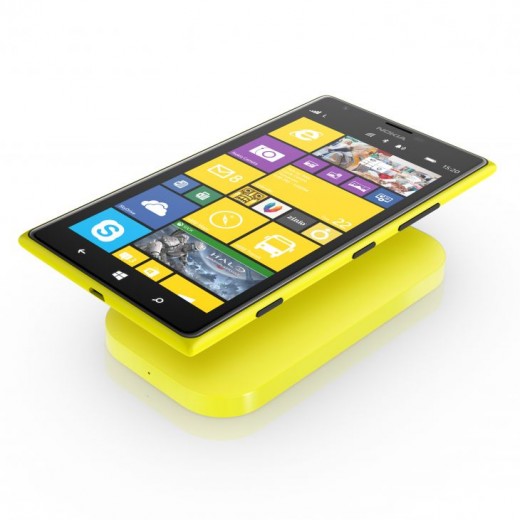While the regular Lumia 1520 does come with wireless charging using the Qi standard, the historical power to 'tweak' a design for America means that AT&T's 1520 will use the rival wireless charging system from Powermat (reports PocketNow). Naturally the two charging standards are incompatible with each other, even though the underlying physical principles are similar.
While it would be in the consumer's best interests to have either a single global standard for charging, or at least two standards that were broadly compatible with each other, the physics of having two coil packs in the casing means users in 2014 are going to be caught up in a format war.
AT&T's statement notes that all their suppliers are to use the Powermat standard going forward in 2014, either in hardware or through clip on covers. Becoming a dominant format in a format war leads to many advantages, and it's an issue that crops up in technology time and time again. VHS or Betamax is the classic argument, but you also have battles with home CD and DVD burners (DVD-R, DVD+R), HD-DVD and Blu-Ray, etc.
What this means for Windows Phone is very interesting. Given Nokia's dominance of the platform, Qi is the de facto standard for Windows Phone, and means that countless peripherals and accessories around the world have focused on Qi. With support in the Google Nexus 4 (and presumably the upcoming Nexus 5), the Android smartphones that are in the hands of the geekerati are also sporting Qi enabled devices. To the eye of the novice, that looks like game and first set to Qi.

Unfortunately for the public, the real customer of a handset is the mobile network, and if they're calling for the opposite standard then handset manufacturers have little choice but to follow the lead, especially in the large and financially profitable markets such as America.
While the matter appeared to be settled in 2013, this little wrinkle means that the pace of adoption of wireless charging is going to slow next year. There will be confusion in the market on what phones work with what chargers, what chargers will be forwards compatible, and rival alliances proclaiming their standard to be 'the best' and pushing sales staff to focus on one standard due to high level deals and presumably some financial arrangements in place between companies.
Perhaps it was inevitable that the arrival of wireless charging would not run smoothly, but it's certainly going to be a slower and more complicated landscape at the start of 2014 compared to the start of 2013.

